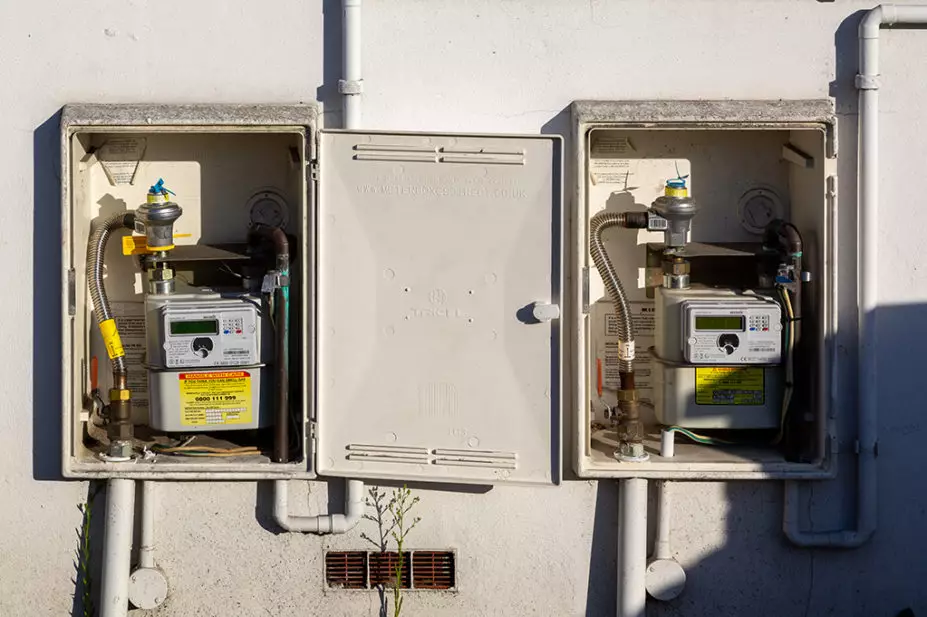
Shutterstock.com
Pharmacy bodies have warned that rising energy bills are piling more pressure onto pharmacies, intensifying calls for more funding.
Energy prices have been rising rapidly since late 2021, leading a range of high street businesses to warn that their bills could become unmanageable.
The Federation of Small Businesses has estimated that average electricity bills have already risen by 349%, and gas by 424%, between February 2021 and August 2022.
On 26 August 2022, Ofgem announced a further price cap rise, which will take effect from 1 October 2022. However, the price cap does not apply to businesses — only domestic bills.
Pharmacy leaders say price rises are becoming an increasing problem for pharmacies, as they are often open for long hours, and come as the sector has already warned of pressures from workforce shortages and staff burnout.
Leyla Hannbeck, chief executive of the Association of Independent Multiple Pharmacies (AIMp), said that the government must look at supporting the sector through subsidy or capping costs.
“Energy bills will rise to unprecedented levels and government must support contractors, who, after all, are delivering a public sector service on behalf of millions of patients each day.
“Pharmacy opens for extraordinarily long hours. Lighting is essential to our businesses. AIMp is calling for urgent talks with the energy providers for businesses which cannot meet their demands.”
Zoe Long, director of communications and public affairs at the Pharmaceutical Services Negotiating Committee (PSNC), said: “Inflationary pressures and rising costs have been a key part of PSNC’s case to government about the urgent need for extra funding for community pharmacies.
“The PSNC is continuing to urge government and the NHS to urgently address the desperate situation that many community pharmacies now find themselves in, which is only being exacerbated by spiralling fuel costs and other cost pressures. Government must protect vital healthcare providers from these and all other economic pressures that are outside of their control to ensure patients can continue to receive the pharmaceutical care they need.”
On 4 August 2022, the PSNC said that it had agreed to an outline offer from the Department of Health and Social Care during contractual negotiations for community pharmacies in England, but the Conservative Party leadership election had delayed progress on this.
A spokesperson for Community Pharmacy Scotland (CPS) said: “[Energy] price hikes are a concern for the network, much like all businesses. The CPS board and negotiating team are both comprised of contractors, so the issue is well known and they will decide on the most appropriate strategic approach.”
Paul Day, director of the Pharmacists’ Defence Association, also highlighted the impact that rising domestic bills has on pharmacy employees and locums, with inflation over 10%.
“That same inflationary increase impacts not just energy bills directly but everything and hence it becomes more difficult for individuals and their families to maintain their standard of living,” he said.


